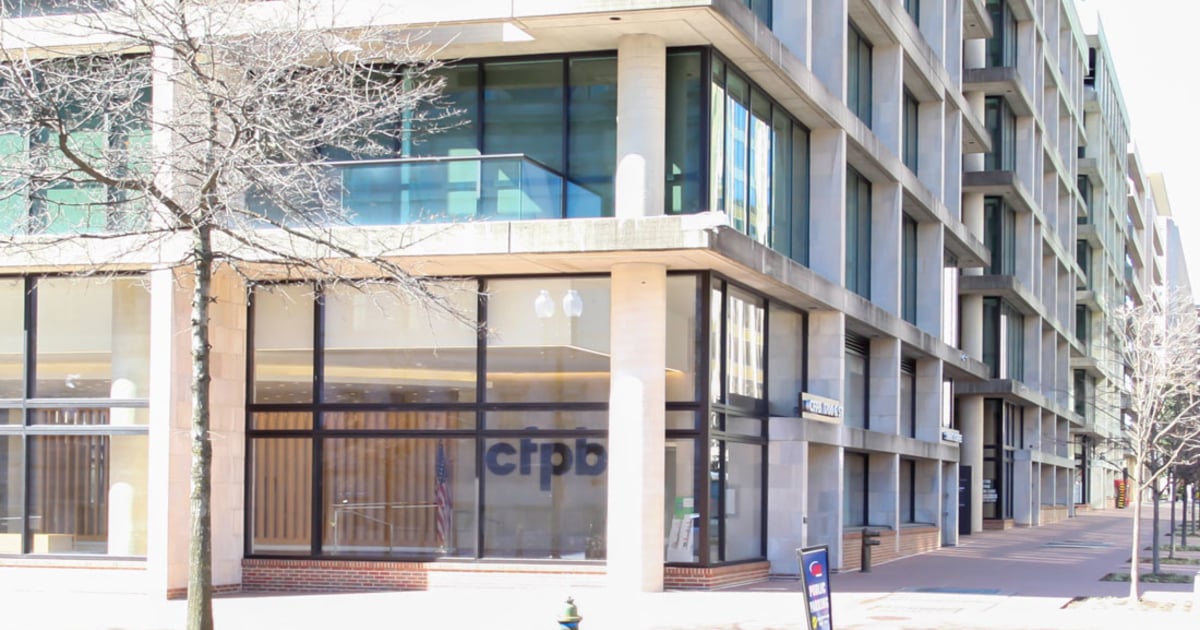
The Consumer Financial Protection Bureau said it has told at least one auto lender to stop keeping excess amounts collected from borrowers on transactions in which a dealership inflated a vehicle’s value by lying about its features.
Such “power-booking” fraud by retailers can lead a lender to consider a vehicle as a more attractive piece of collateral and thus improve the chances a dealership’s customer receives a loan for the model, the Consumer Financial Protection Bureau found in a study it conducted July 1, 2022 through March 31, 2023.
The agency does not disclose the exact number of parties its supervision process reveals to be out of compliance as part of a confidentiality policy designed to foster lender cooperation and address compliance issues early on.
The good news for the auto finance world is that according to the agency’s supervisory highlights report, the lenders it studied “rarely” encountered such power-booking discrepancies when they verified vehicle load-outs with consumers in their follow-up interviews.
Nevertheless, at least one lender did come across power booking and took action against the retailer, the report found. But the consumer’s debt was not adjusted accordingly.
“In the event consumers identified discrepancies, servicers reduced the amounts that they paid dealers by the amount of the missing options,” the report found. “But servicers did not reduce the amount that consumers owed on the loan agreements and continued to charge interest tied to financing of the nonexistent options.”
The agency said a similar issue arose when at least one creditor discovered the absence of the power-booked features in a repossession. The lender sought a dealership refund and applied it to the balance due. “But the servicers did not refund consumers for the interest charged on the illusory options,” the report said.
For a lender to collect interest on the cost of a nonexistent financed option is an unfair action, the agency concluded.
“Consumers could not reasonably avoid the injury because they had no reason to anticipate that dealers would fraudulently include nonexistent options and that the consumers would be charged interest based on the inflated loan amount,” the report found. “And even if consumers attempted to validate the options included, most consumers are not able to tell — merely by sight — the options included on a car.”
The retention of the interest following the discovery of power booking is also an abusive practice as it takes “unreasonable advantage of consumers’ inability to protect their interests in the selection or use of the [financial] product,” the report stated.
Other improper auto finance behaviors the report described include:
Deceptive marketing: At least one lender deceptively marketed auto loans using “advertisements that pictured cars that were significantly larger, more expensive, and newer than the advertised loan offers were good for.”
The vehicle used in an ad was material information to a consumer, the agency said. “Examiners further concluded that it was reasonable for consumers to believe that the advertised terms applied to a class of vehicles similar to the cars pictured in the ads,” the report found.
The lender stopped the improper ads and improved its monitoring of company advertising, the agency said.
Undeducted final payments: A lender cannot automatically stop deducting payments right before the final amount on a car loan is due unless it gives the customer enough notice that the last amount must be paid manually, the agency said.
At least one lender’s authorization for auto payments had “a small print disclosure” that the last payment would not be withdrawn, but the company gave the consumer no other heads-up between then and the time the last payment was due. This was an unfair action, the agency found.
“Many consumers enrolled in these automatic payments for a period of years and relied on the automatic payments,” the bureau said. “But servicers canceled the final withdrawal and did not debit the final payment, resulting in missed payments and late fee assessment by servicers.”
The lender made the consumer whole and revised company practices, the agency said.
Improper cross-collateralization demands: At least one lender practiced blanket cross-collateralization, in which an auto loan contract establishes the vehicle to be collateral not only for that debt but for other credit it has extended.
When a lender repossessed a vehicle from a customer under a cross-collateralization contract, the auto debt and the other debt had their terms shortened, and the customer was required to make payments on both to get their vehicle back, the agency found. Accelerating and demanding repayment on the non-auto debt to resolve a repossession like that is unfair, it said.
“While servicers occasionally allowed consumers to pay lesser amounts, they did so only if consumers objected or argued about the debt and consumers were not meaningfully made aware that arguing about the cross collateralization could result in a lesser payment amount,” the report found. “And even if the consumer objected, representatives still used the cross collateral provisions as a coercive collection tactic.”
The behavior was abusive as it took advantage of consumers’ lack of knowledge about the cross-collateralization described in the contracts, the findings indicated.
The lender paid back the consumer and revamped its practices.

